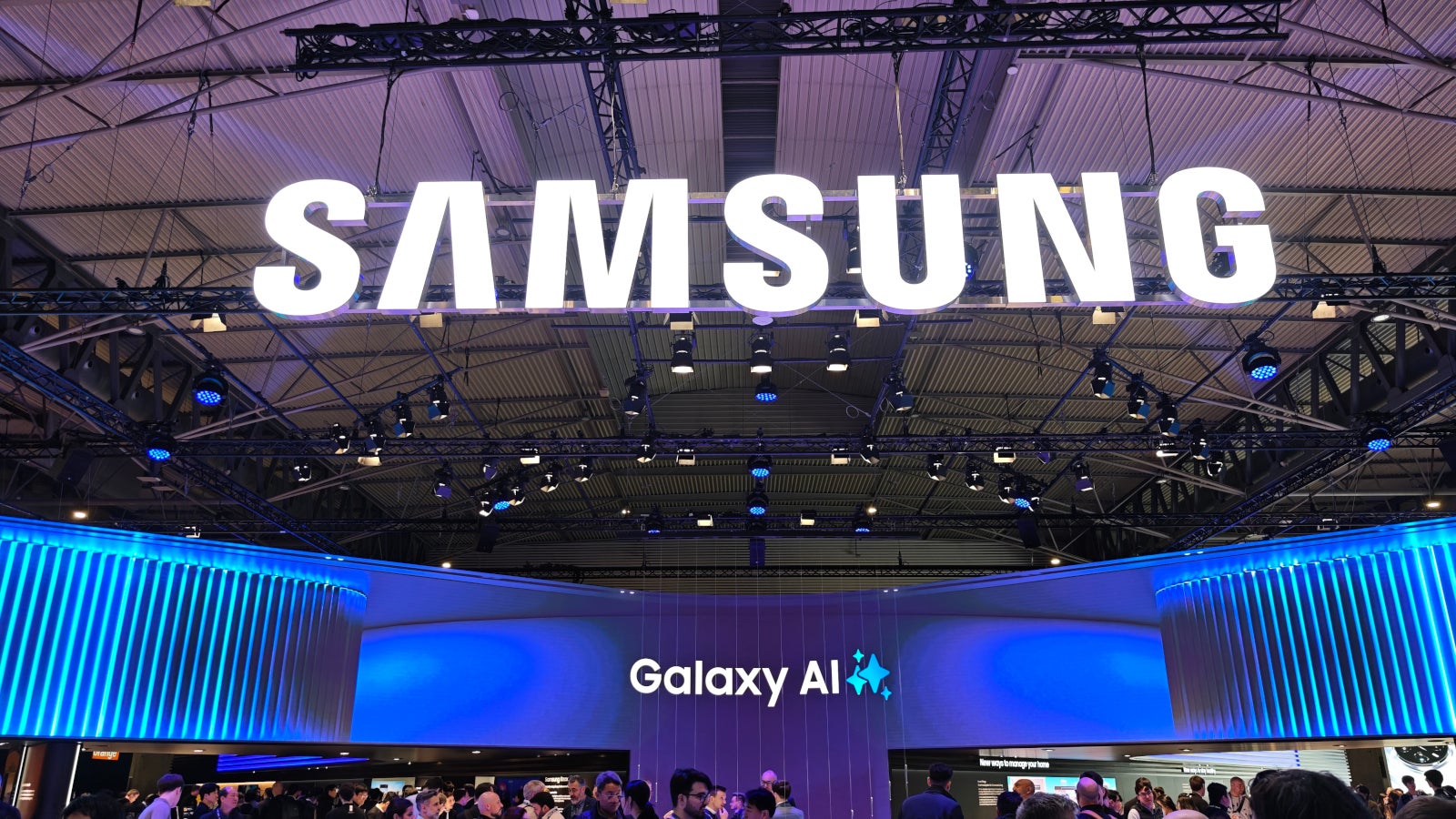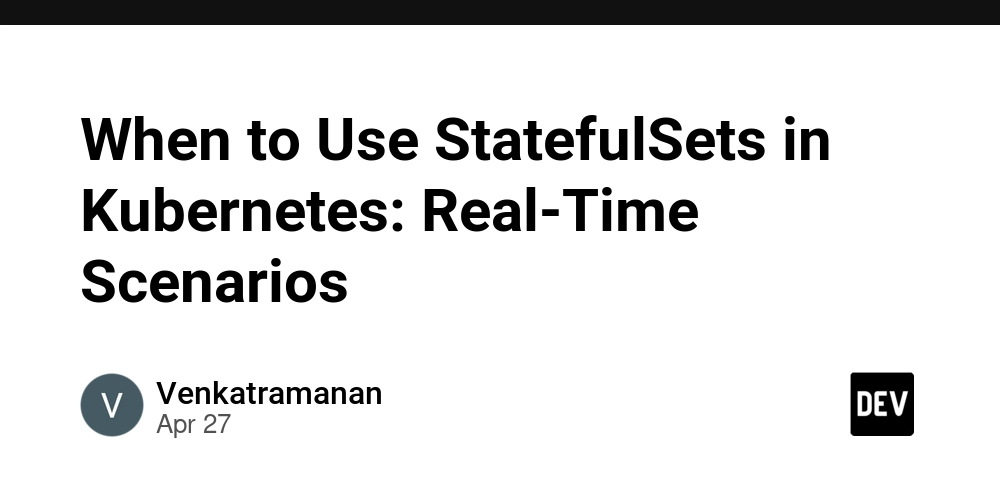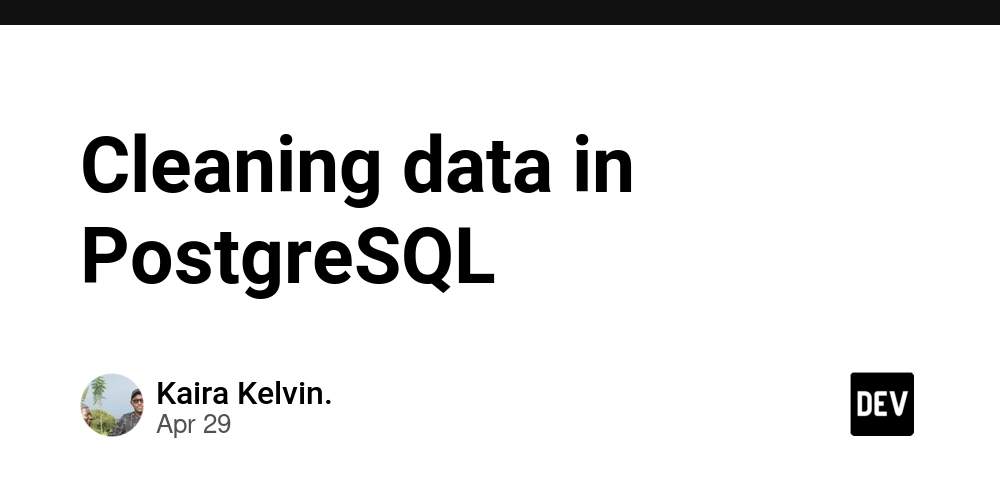What's Next for SEO? How AI Is Unlocking New Possibilities
If you’ve been using AI to help with SEO — writing content, generating metadata, fixing crawl issues — you’ve probably noticed how much easier things have gotten. But what you may not have seen yet is how far this can actually go. AI isn’t just helping with the day-to-day. It’s starting to reshape what’s possible with SEO. From chatbots that understand your local market to fully automated AI agents that run tasks in the background, we’re entering a new phase — one that’s more about building smarter systems than doing everything by hand. In this post, we’ll explore where things are headed and how you can start using AI to do more than just assist. Whether you’re looking to scale, simplify, or completely rethink your SEO approach, now’s the time to experiment with what’s next. A chatbot that understands your neighborhood? It’s more useful than it sounds Local SEO isn’t new, but it’s always been a bit…fiddly. There’s the Google Business Profile. Reviews. Local listings. Location-specific keywords. And when you’re trying to stay on top of it all while actually running your business? It’s easy to let things slide. This is where AI gets surprisingly helpful. With a little setup, you can build a custom chatbot — using tools like ChatGPT — that acts like a Local SEO assistant. It won’t just spit out generic advice. You can train it to know your location, your tone, your audience. Want it to write a Google post about your weekend hours? Done. Need suggestions for keywords people are using in your area? Just ask. Even better, you don’t have to be technical. You’re just feeding the bot information it needs to do its job well — like what your business sells, who you serve, and where you’re located. Once it’s trained, it becomes a go-to helper for things like: Brainstorming location-specific blog ideas Writing replies to customer reviews Recommending citation sources or local directories Drafting optimized content for your website or GBP listing It won’t replace your judgment — but it will save you from staring at a blank screen when you’re short on time or ideas. From chatbots to AI agents: automate the work you’d rather not do Here’s where things get interesting. A chatbot responds when you talk to it. An AI agent? It does things on its own — following rules you’ve set up in advance. Think of it as the behind-the-scenes assistant you always wanted. Say you want to keep your blog updated weekly. An AI agent could: Pull trending keywords from your industry Generate a content outline (or even a draft) Format it according to your site’s style Push content into your CMS when it’s ready for review No constant prompting. No juggling tabs and tools. Just a system running quietly in the background, doing the work you used to cram into evenings or weekends. You don’t need to build this content generation process from scratch either. With tools like ChatGPT, n8n, and a bit of patience, you can start small — by automating just one or two steps — and build from there. This kind of automation used to be locked behind big budgets and technical teams. Now it’s within reach for almost anyone. And once you see how much time it saves, it will be hard to imagine going back. It’s time to rethink your SEO strategy — because the old one might be holding you back If your current SEO plan is still built around publishing an X number of posts per month and tracking 10 keywords, that’s fine… but probably not future-proof. AI is changing how search works. Results are more engaging, more visual, and more personalized than they were even a year ago. It’s not just about ranking anymore — it’s about showing up in the right way. That means your strategy needs to evolve too. Keywords? Still important — but intent and context matter more. Content? Quantity helps, but originality and clarity are winning. Search results? They’re becoming answers, not just lists. Branding and community? They’re no longer optional — they’re what make you stand out in a sea of AI-generated content. At the same time, automation can take a lot of pressure off. Let AI handle the repetitive stuff — site audits, meta descriptions, internal links — so you can focus on higher-level strategy. As AI gets better, winning at SEO won’t be about gaming the system. It’ll be about showing up with content that’s clear and helpful. What this means for you, depending on your role If you’re doing SEO for clients: You’re probably already using AI to speed things up. But be ready — clients will eventually realize just how much automation is happening behind the scenes. To stay ahead, shift your focus toward strategy, creativity, and results that can’t be templated. If you’re a content creator: You’re not just competing with other writers now — you’re competing with anyone who can write a decent prompt. That means your edge isn’t speed, it’s voice. Use AI to help scale your work, not replace it.

If you’ve been using AI to help with SEO — writing content, generating metadata, fixing crawl issues — you’ve probably noticed how much easier things have gotten. But what you may not have seen yet is how far this can actually go.
AI isn’t just helping with the day-to-day. It’s starting to reshape what’s possible with SEO.
From chatbots that understand your local market to fully automated AI agents that run tasks in the background, we’re entering a new phase — one that’s more about building smarter systems than doing everything by hand.
In this post, we’ll explore where things are headed and how you can start using AI to do more than just assist. Whether you’re looking to scale, simplify, or completely rethink your SEO approach, now’s the time to experiment with what’s next.
A chatbot that understands your neighborhood? It’s more useful than it sounds
Local SEO isn’t new, but it’s always been a bit…fiddly.
There’s the Google Business Profile. Reviews. Local listings. Location-specific keywords. And when you’re trying to stay on top of it all while actually running your business? It’s easy to let things slide.
This is where AI gets surprisingly helpful.
With a little setup, you can build a custom chatbot — using tools like ChatGPT — that acts like a Local SEO assistant. It won’t just spit out generic advice. You can train it to know your location, your tone, your audience. Want it to write a Google post about your weekend hours? Done. Need suggestions for keywords people are using in your area? Just ask.
Even better, you don’t have to be technical. You’re just feeding the bot information it needs to do its job well — like what your business sells, who you serve, and where you’re located.
Once it’s trained, it becomes a go-to helper for things like:
Brainstorming location-specific blog ideas
Writing replies to customer reviews
Recommending citation sources or local directories
Drafting optimized content for your website or GBP listing
It won’t replace your judgment — but it will save you from staring at a blank screen when you’re short on time or ideas.
From chatbots to AI agents: automate the work you’d rather not do
Here’s where things get interesting.
A chatbot responds when you talk to it. An AI agent? It does things on its own — following rules you’ve set up in advance. Think of it as the behind-the-scenes assistant you always wanted.
Say you want to keep your blog updated weekly. An AI agent could:
Pull trending keywords from your industry
Generate a content outline (or even a draft)
Format it according to your site’s style
Push content into your CMS when it’s ready for review
No constant prompting. No juggling tabs and tools. Just a system running quietly in the background, doing the work you used to cram into evenings or weekends.
You don’t need to build this content generation process from scratch either. With tools like ChatGPT, n8n, and a bit of patience, you can start small — by automating just one or two steps — and build from there.
This kind of automation used to be locked behind big budgets and technical teams. Now it’s within reach for almost anyone. And once you see how much time it saves, it will be hard to imagine going back.
It’s time to rethink your SEO strategy — because the old one might be holding you back
If your current SEO plan is still built around publishing an X number of posts per month and tracking 10 keywords, that’s fine… but probably not future-proof. AI is changing how search works. Results are more engaging, more visual, and more personalized than they were even a year ago.
It’s not just about ranking anymore — it’s about showing up in the right way.
That means your strategy needs to evolve too.
Keywords? Still important — but intent and context matter more.
Content? Quantity helps, but originality and clarity are winning.
Search results? They’re becoming answers, not just lists.
Branding and community? They’re no longer optional — they’re what make you stand out in a sea of AI-generated content.
At the same time, automation can take a lot of pressure off. Let AI handle the repetitive stuff — site audits, meta descriptions, internal links — so you can focus on higher-level strategy.
As AI gets better, winning at SEO won’t be about gaming the system. It’ll be about showing up with content that’s clear and helpful.
What this means for you, depending on your role
If you’re doing SEO for clients:
You’re probably already using AI to speed things up. But be ready — clients will eventually realize just how much automation is happening behind the scenes. To stay ahead, shift your focus toward strategy, creativity, and results that can’t be templated.
If you’re a content creator:
You’re not just competing with other writers now — you’re competing with anyone who can write a decent prompt. That means your edge isn’t speed, it’s voice. Use AI to help scale your work, not replace it.
If you’re running a site or store:
You don’t need to be an expert to benefit from AI. You just need to know where to look, what to ask, and how to test ideas. The barrier to entry has dropped. But staying informed is what turns tools into impact.
Final takeaway: SEO isn’t being replaced — it’s being reinvented
There’s a lot of noise out there. AI is everywhere. Tools are multiplying. And it’s easy to feel like you’re falling behind.
But here’s the upside: this isn’t about keeping up with every trend. It’s about staying focused on what really works — and using AI to do more of it, more easily.
You don’t have to be an early adopter or a tech wizard to benefit. You just have to be open to trying a new approach when the old one starts slowing you down.
And if you’ve been waiting for a sign to step back, reassess, and simplify your SEO process… this is it.
This article is a summary of Mastering SEO with AI: Enhance Your SEO Productivity by D-Libro.



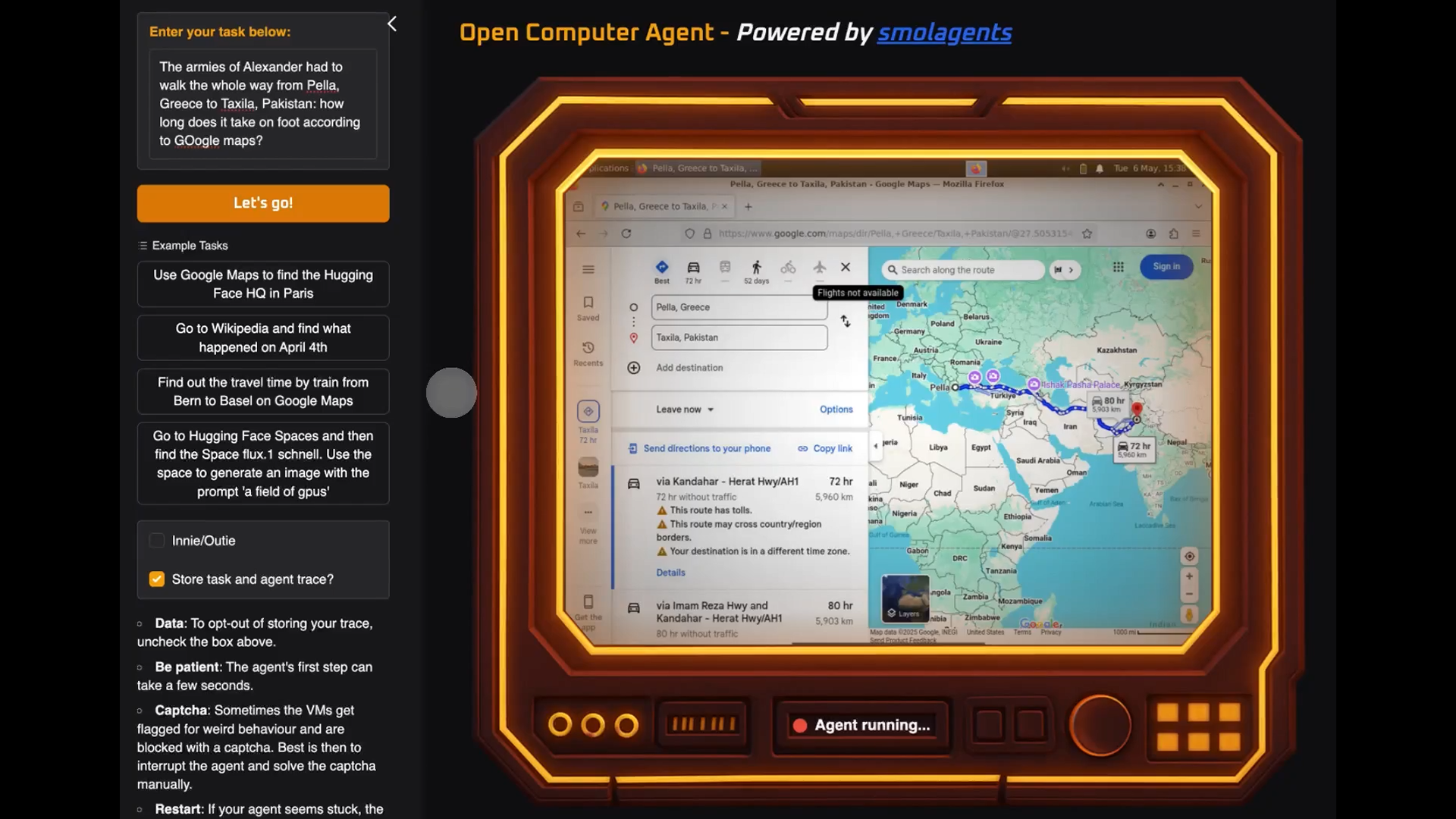








































































































































































![[The AI Show Episode 146]: Rise of “AI-First” Companies, AI Job Disruption, GPT-4o Update Gets Rolled Back, How Big Consulting Firms Use AI, and Meta AI App](https://www.marketingaiinstitute.com/hubfs/ep%20146%20cover.png)






























































































































![Ditching a Microsoft Job to Enter Startup Hell with Lonewolf Engineer Sam Crombie [Podcast #171]](https://cdn.hashnode.com/res/hashnode/image/upload/v1746753508177/0cd57f66-fdb0-4972-b285-1443a7db39fc.png?#)



























































.jpg?width=1920&height=1920&fit=bounds&quality=70&format=jpg&auto=webp#)




















































-Nintendo-Switch-2-Hands-On-Preview-Mario-Kart-World-Impressions-&-More!-00-10-30.png?width=1920&height=1920&fit=bounds&quality=70&format=jpg&auto=webp#)










































































































-xl.jpg)




























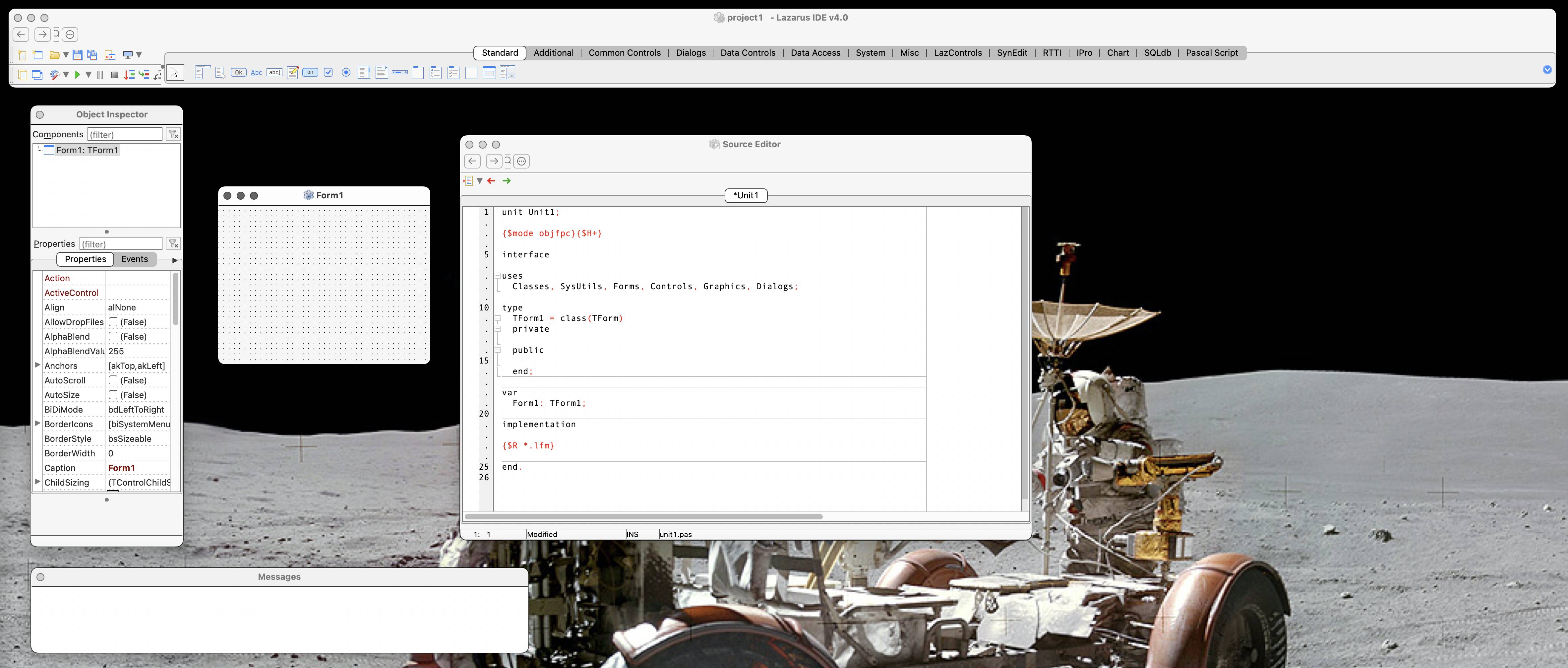

![New iPad 11 (A16) On Sale for Just $277.78! [Lowest Price Ever]](https://www.iclarified.com/images/news/97273/97273/97273-640.jpg)

![Apple Foldable iPhone to Feature New Display Tech, 19% Thinner Panel [Rumor]](https://www.iclarified.com/images/news/97271/97271/97271-640.jpg)














































